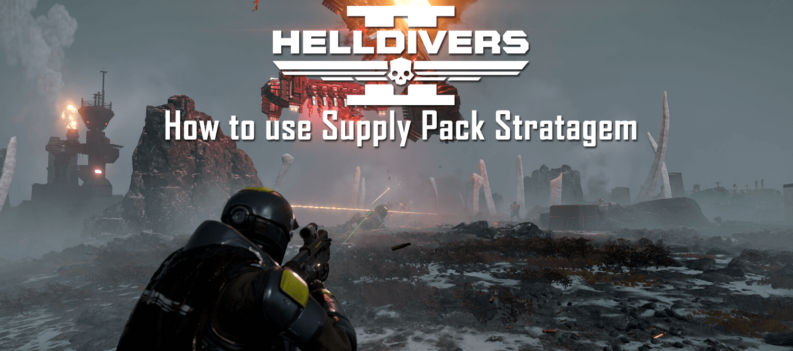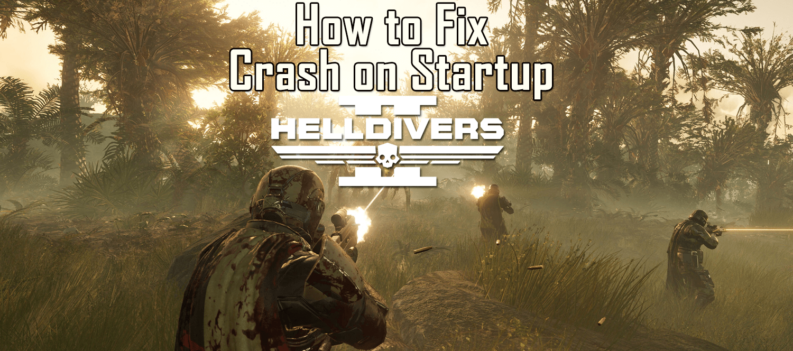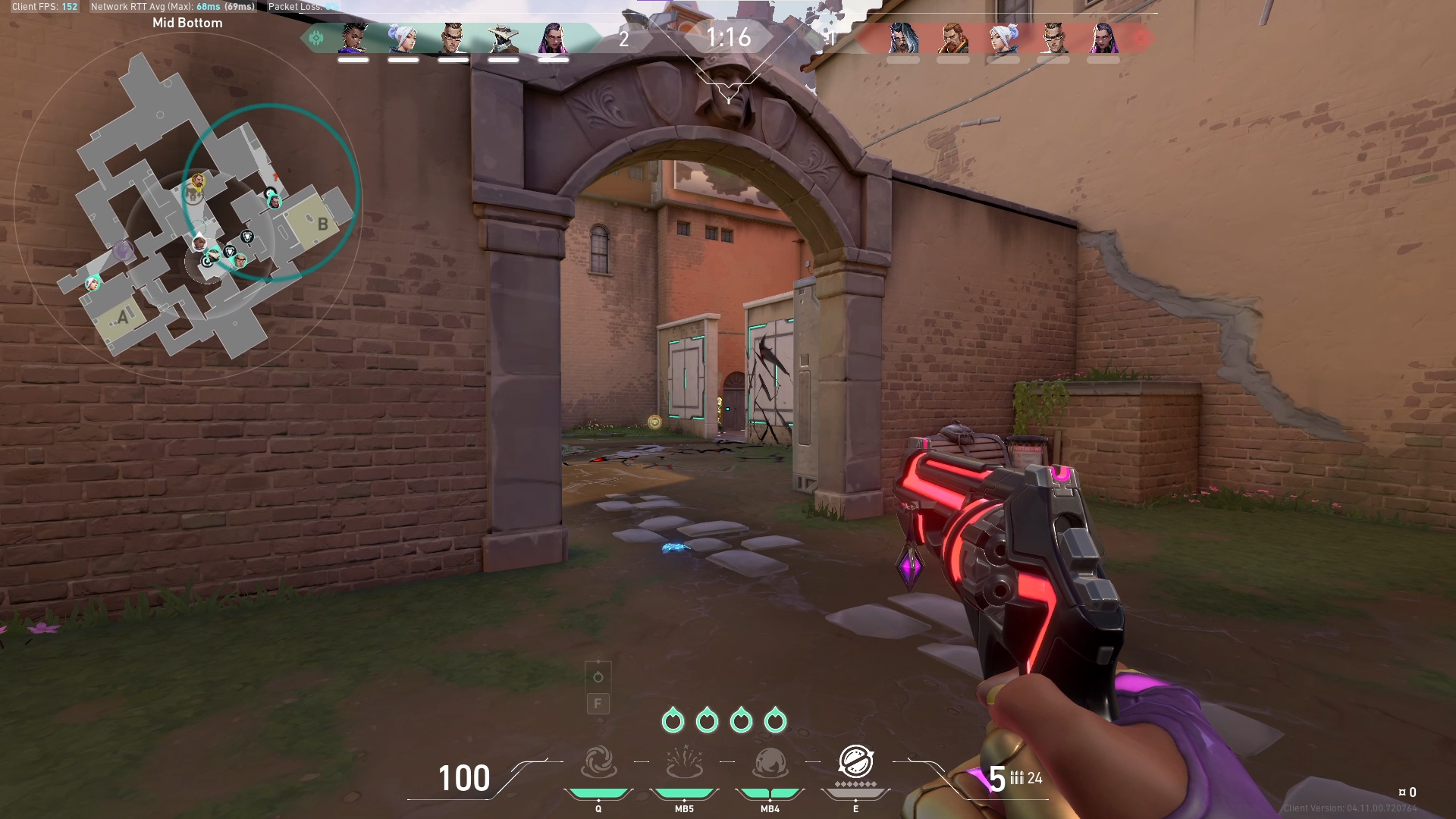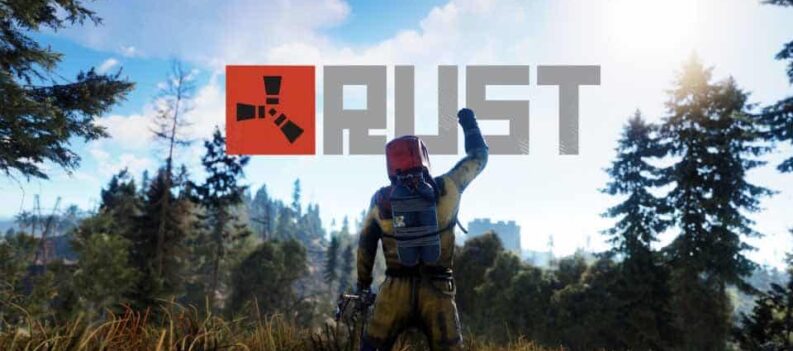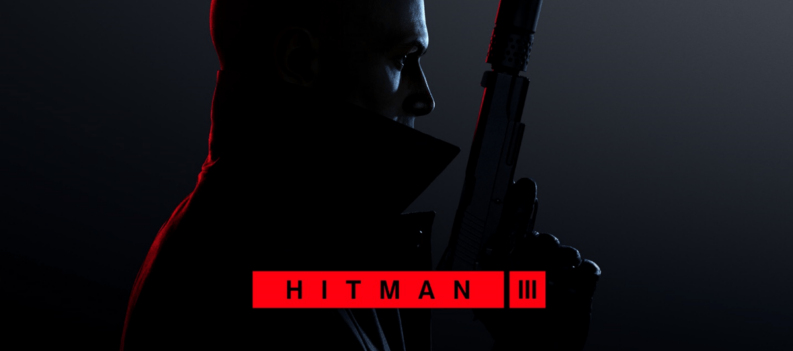First revealed during the PS5 State of Play last year, Returnal is very much a new direction for developers Housemarque, best known for its collection of brilliant arcade-style action games.
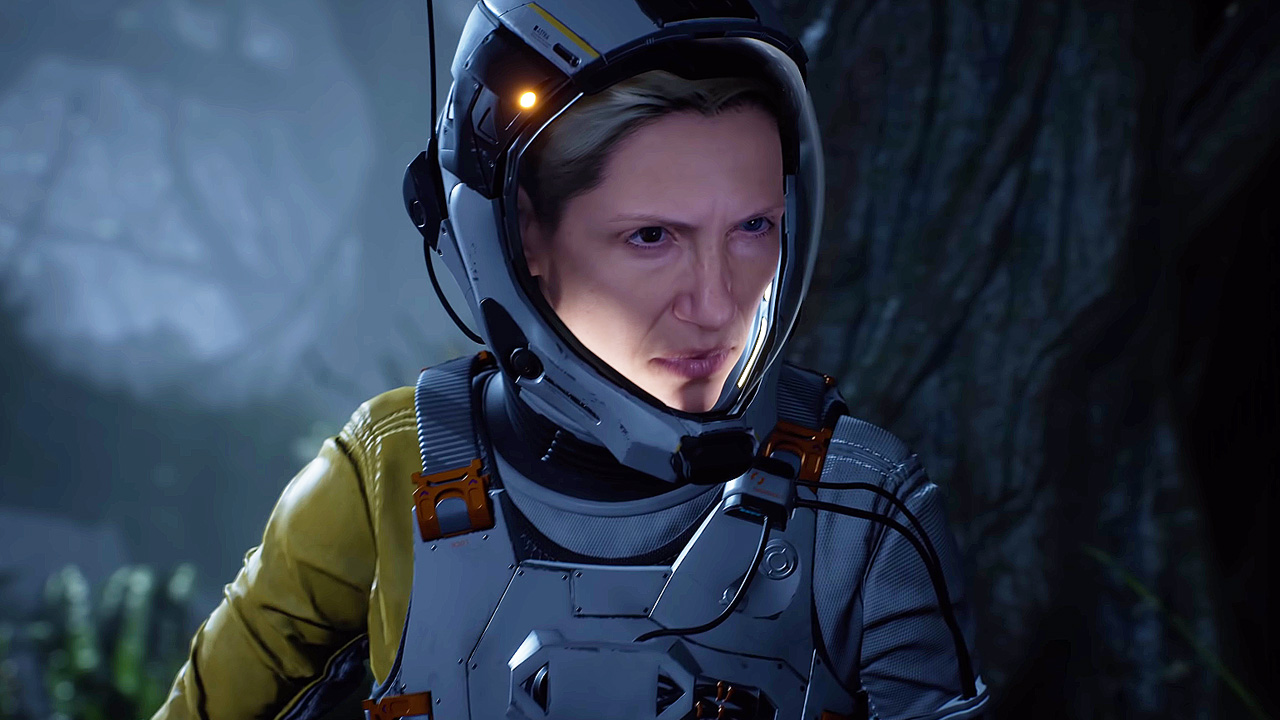
After a weekend spent playing and mostly enjoying my time exploring its environments and shooting its inhabitants, it looks like the risk has paid off. Returnal is a stunning third-person shooter that combines fantastic visuals, sound design and narrative to feel like one of the first true next-gen experiences.
You play as Selene, a deep space explorer for the Astra corporation, who crash lands on a hostile alien planet within the first minute of the game. It is clear from the off that this game is a sight to behold, and the visuals as the ship burns up as it violently enters the atmosphere really feel like the PS5 is finally starting to earn its keep.
Selene awakens on the planet’s surface, and you’re quickly given control. The area you first wake up in is a gloomy forest that is split up into different rooms that are linked by a series of doors. As you venture out into the wild, it becomes clear that things aren’t as they seem and the game’s big twist is revealed – not only have you been here before, but you have died and been resurrected multiple times.
This is a clever twist on the usual die and repeat mechanic that roguelites employ, and it works really well to add layers to Returnal’s narrative. As you explore you soon come across other (dead) versions of yourself, and by each one there’s an audio log that plays upon collection.
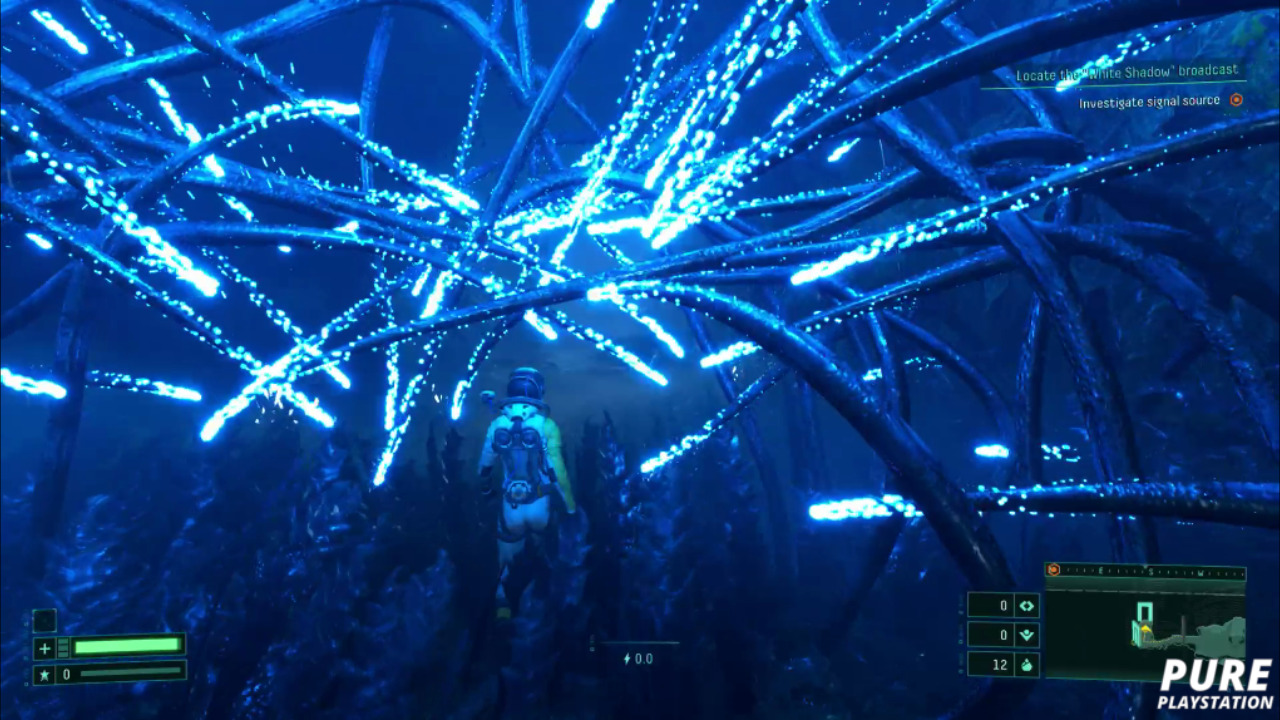
Hearing past versions of Selene recount events that have already happened is a jarring experience, and the voice acting here is sublime. While some of the audio logs might fill you in or tip you off as to what is going on, they all add a layer of mystery that entices and encourages you to explore further.
The action-orientated gameplay is a satisfying experience in Returnal. The planet Atropos is home to a wide range of flora and fauna, and not all of it friendly. Each hostile has a range of attacks, ranging from close melee strikes to blasts of energy that strike from a distance, and learning each of their attacks and their tells is a crucial tactic if you want to last longer than the first few encounters.
Selene has a few defensive manoeuvres under her belt, including a dash that makes her invulnerable to attack for a short period of time. Utilising this at just the right time is easy enough to master, but it always feels satisfying when you manage to pull it off.
Mastering combat is something that is rewarded in Returnal. Defeating enemies without taking a hit grants you adrenaline, and each time you defeat three enemies you are given a boost, such as increased melee damage or enhanced vision. These boosts stack but reset whenever you take a hit, so understanding when to dodge or run for cover is just as useful as knowing when to pull the trigger.
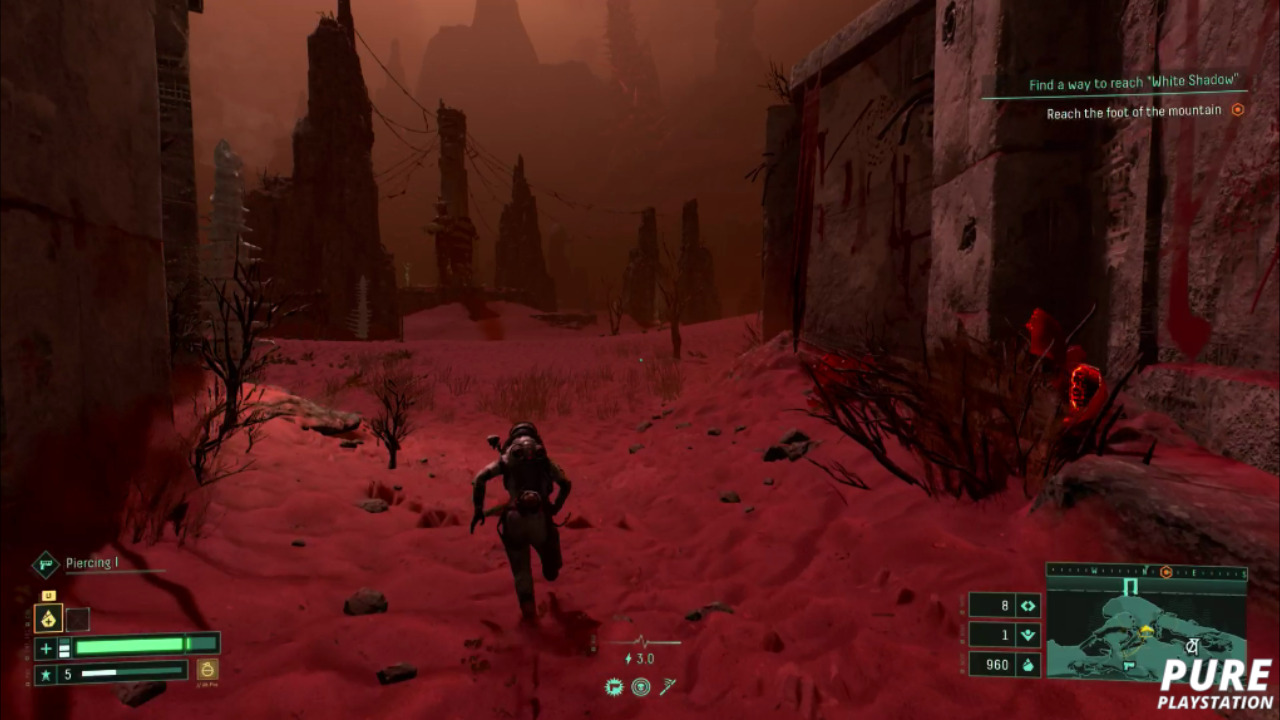
Enemies do signal when they are about to attack by glowing or flashing, and prioritising these enemies is key. Alongside these visual cues, Returnal makes use of the haptic feedback in the DualSense controller, vibrating to help indicate which direction an attack could be coming from in conjunction with audio hints, too.
That being said, I am lucky enough to be able to play Returnal using the PS5’s Pulse wireless headset, and this is one of, if not the best game to use them with. Returnal’s use of sound is as masterfully handled as the visual and haptic feedback, and it all combines to create a truly immersive experience.
Returnal has lots going on under the hood, and it does take a few runs before you truly begin to appreciate how they all combine and work alongside one another. Returnal throws quite a lot of information at you all at once, but with repeated playthroughs each system soon becomes apparent, and how they can impact your run for the better quickly becomes second nature.
Selene starts each run afresh, with only a few permanent items that you find staying in your possession between incarnations. For the main part, your stats are the same whenever you start a new run, so in order to get stronger and thus progress further, you must find items and weapons that will give you an edge.
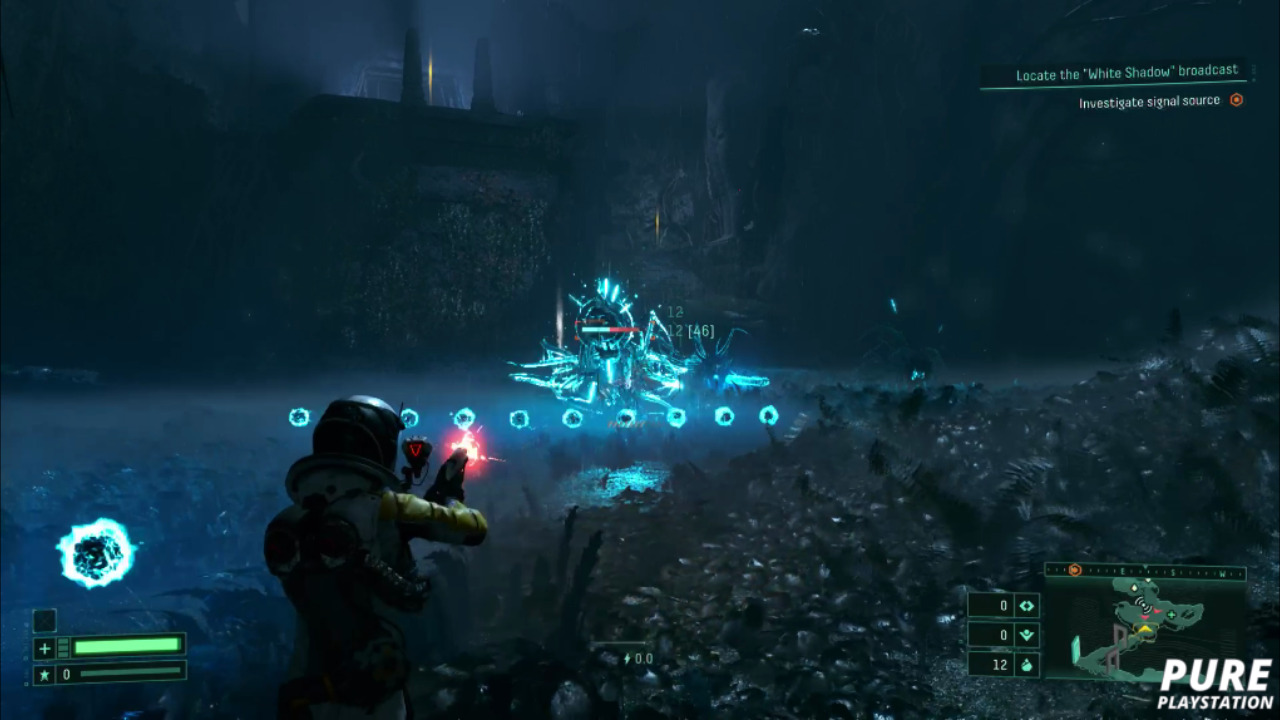
This is done by finding and using items. Items that boost your proficiency will mean you have a better chance of finding stronger weapons, while items that improve your integrity will improve your health. Items can be found lying around the environment, locked in chests, or dropped by any enemies you defeat. Some can even be purchased at a fabricator using Obelites collected in each run.
Returnal is very much based around a risk vs reward system, as some items can be infected with Malignancy, which has a chance to infect you with an ailment that can only be removed upon completion of a given task. You might find an item that boosts your proficiency, but at the cost of your dash having a delayed cooldown unless you manage to defeat a set number of hostiles. Balancing out the risk against the reward adds a whole new aspect to the game as you rationalise if the reward is truly worth the risk.
As each run is a standalone experience, any artefacts or weapons you collect in one run are wiped and reset for the next, so it is critical you understand what you are doing in order to aim for the best build. To that end, it becomes a fine tightrope to weigh out the benefits of exploration in order to build a stronger Selene against getting your head down and trying to push the story forward by focusing on the objective at hand.
Throughout Returnal you have a current objective, displayed above the minimap in the top right corner. This kept me driving forward while serving as the reminder for what I was currently doing, and I think it also helped me to feel that I was making some progress (even when I felt that I wasn’t).
With that in mind, each run in Returnal is likely to last you at least an hour, so sitting down for a quick 10 minutes is out of the picture. Returnal lacks any current autosave system, so if you manage to get a decent run going only to have to quit, the next time you boot it up be prepared to lose all your progress and start all over again.
At the beginning of the game, this is outweighed by how quickly it is to get back to where you might have died previously, but by the later stages, it does get frustrating to spend two hours or more making good progress only to die and have to start all over again. This does weigh against Returnal in a way that meant I was less likely to jump straight back into a run without having a break first.
Returnal is punishing in other ways, too. Enemies get progressively stronger, and as a result, I always found myself on edge encountering an enemy for the first time knowing that one wrong move could have me starting the game all over again. This does make for an enjoyable, adrenaline-filled experience, but it doesn’t sting any less when you do eventually fall to some attack that you hadn’t seen before.
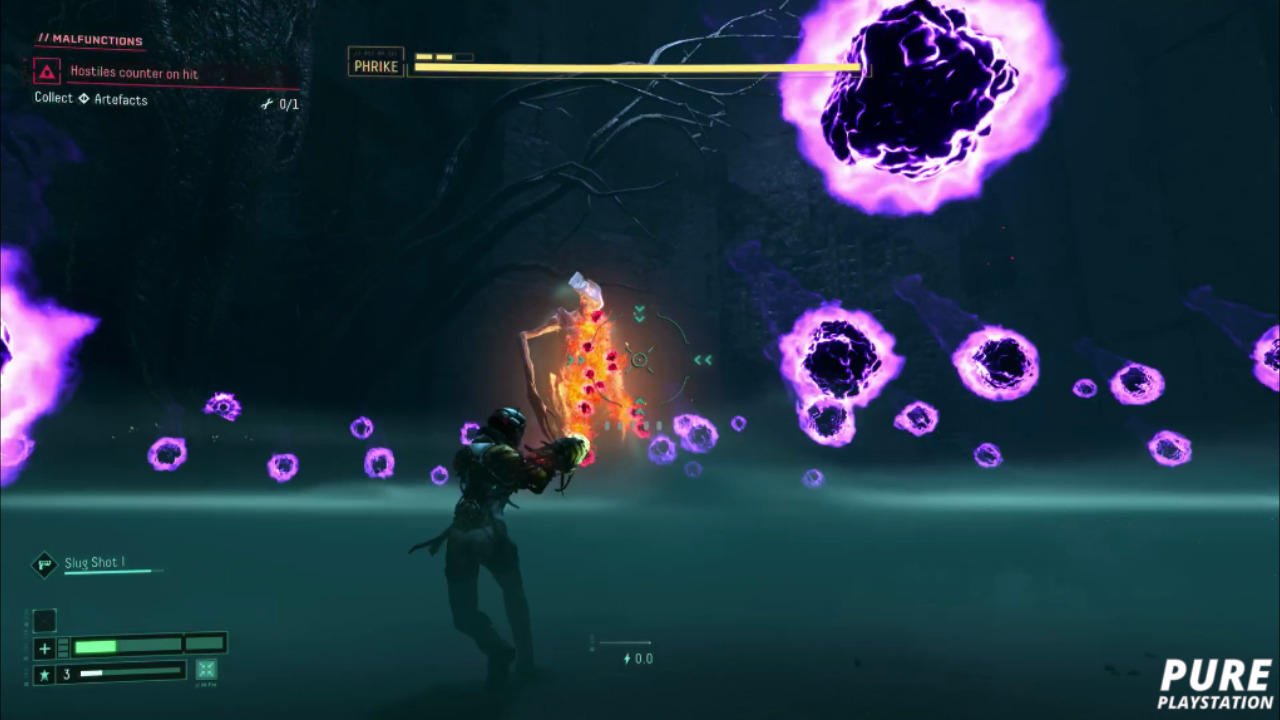
That isn’t to say that it doesn’t offer you a few shortcuts. After you have defeated the boss in each biome you can unlock a gateway on subsequent runs that allows you to avoid having to fight them again in order to progress to the next area that little bit quicker. This is a handy workaround that does take away some of the frustration at having to start again each time, even if it doesn’t eliminate it entirely.
All of this serves to help Returnal do something that many roguelites fail to do – it actually has a story that kept me engaged. So much of my annoyance with roguelites is that each run often feels like a repeat of the one before, with nothing added in between, and although that is true of Returnal to a certain extent, the story is what kept it all feeling fresh. Each death may come with a cutscene that quickly flashes something new, and even now after a weekend of playing the first biome is still slowly revealing its secrets even though I have long since moved on. Returnal somehow manages to keep you on your toes while keeping you interested, which is a tricky act to pull off.
Having gone into Returnal a little unsure of what to expect, I am pleased to report I am well and truly sold. Fantastic visuals and sound design combine with satisfying combat, an intriguing story and outstanding use of the DualSense Haptic feedback make Returnal feel like a taste of things to come. My usual reservations about Roguelites still remain, but Returnal takes what is a rigid genre and imbue it with a character and an overarching mystery that is intriguing enough to keep me coming back for more.
Returnal PS5 Review
-
Overall - Must Play - 9/109/10
Summary
Housemarque has managed to do the impossible by crafting a solid story that fits within the tight confines of a roguelite. Mixing the studio’s signature fast-paced arcade action with an atmospheric environment, Returnal gets its claws into you early on and refuses to let go, instantly putting it up among the first true next-gen experiences of this generation.
Review Disclaimer: This review was carried out using a copy of the game bought at the expense of the reviewer. For more information, please read our Review Policy.
Primary version tested: PS5. Reviewed using PS5.



